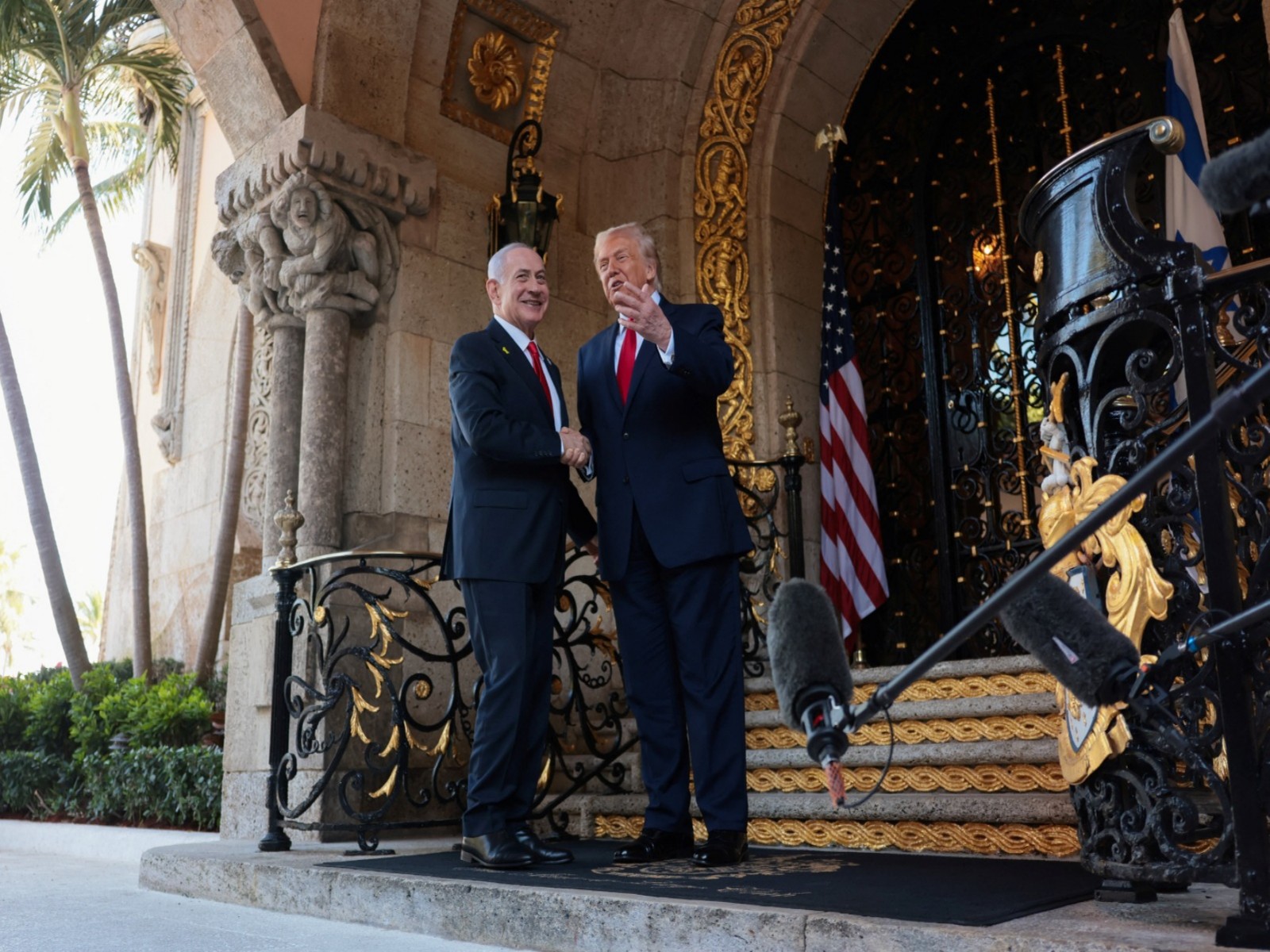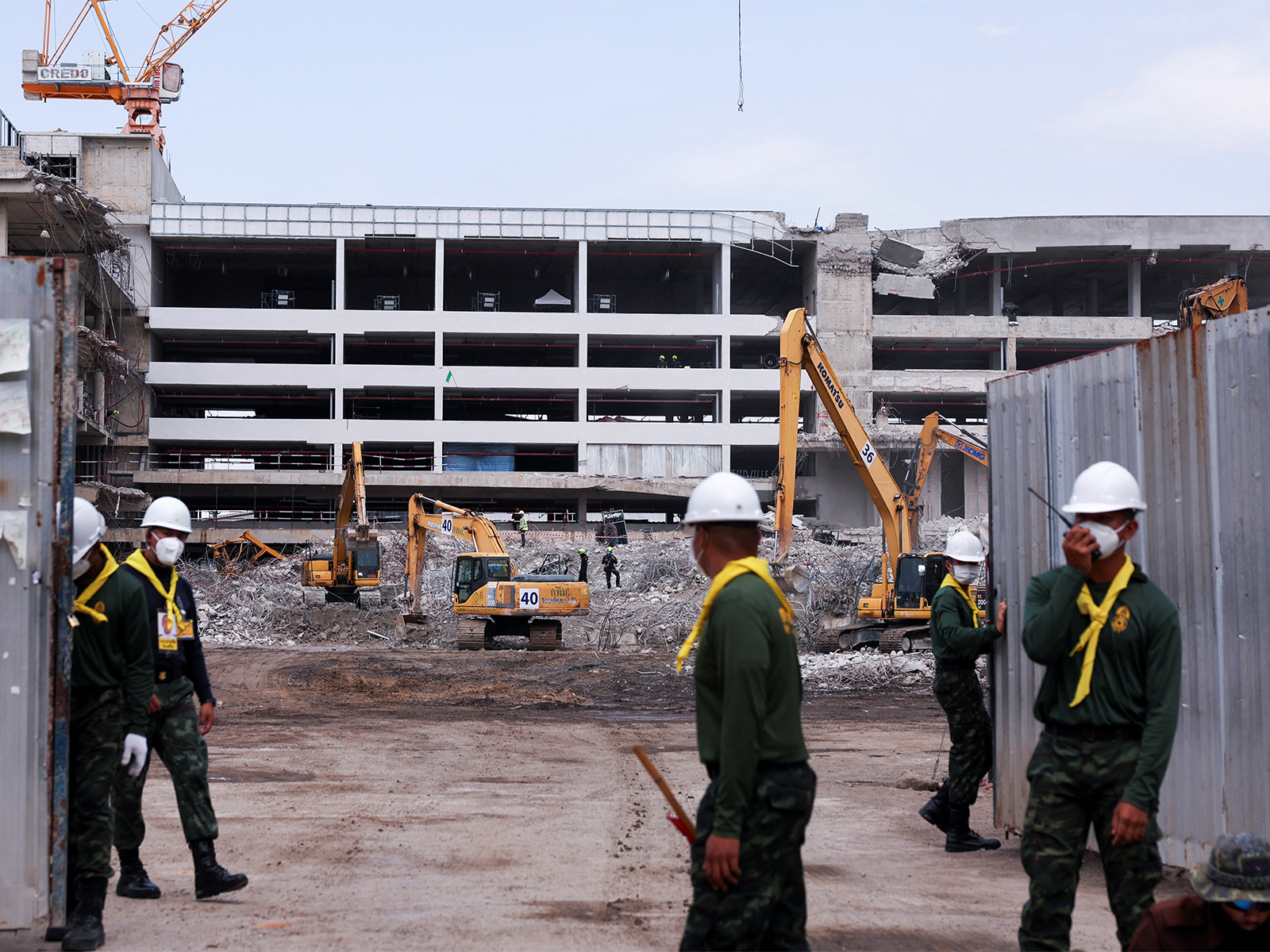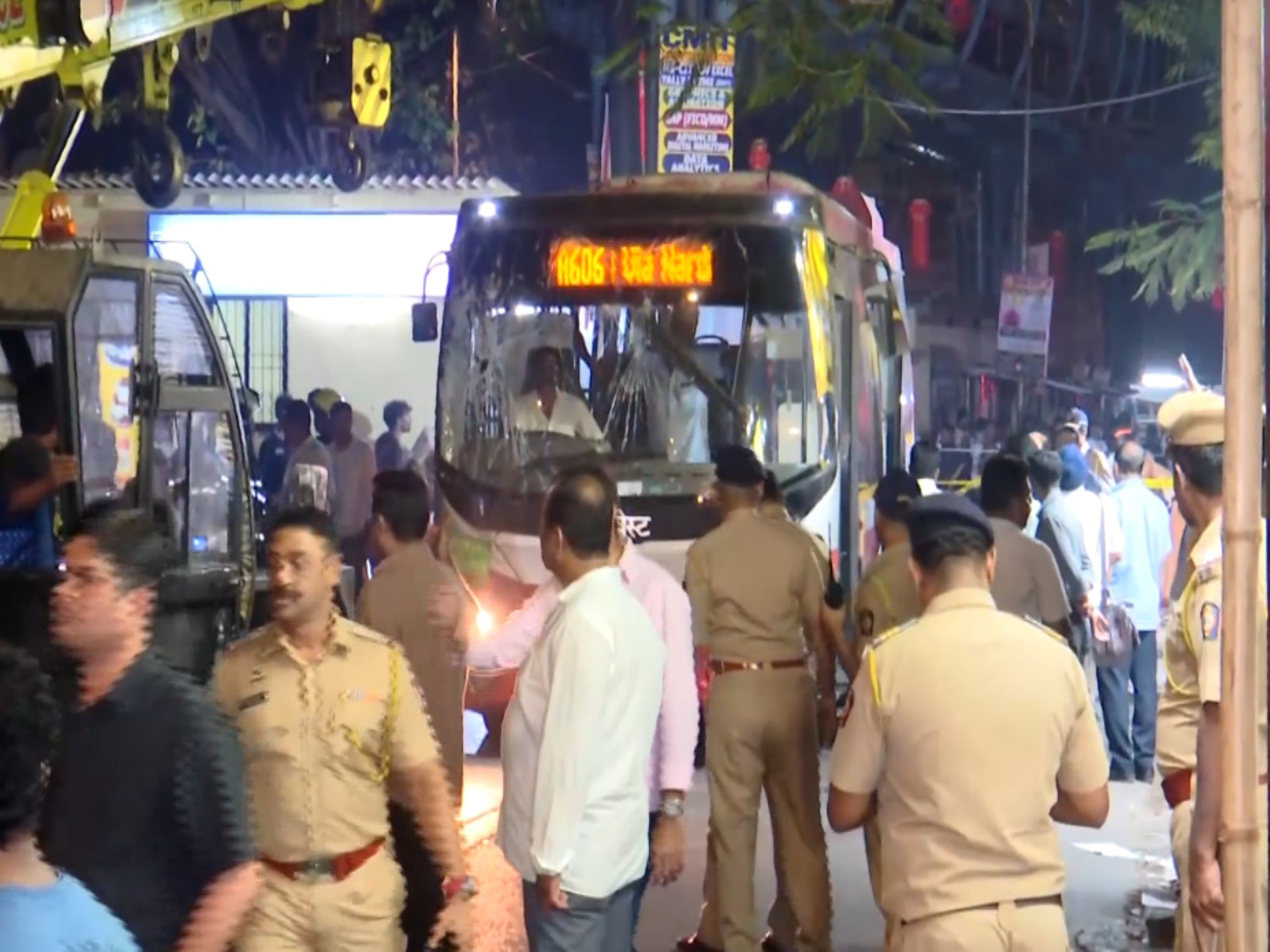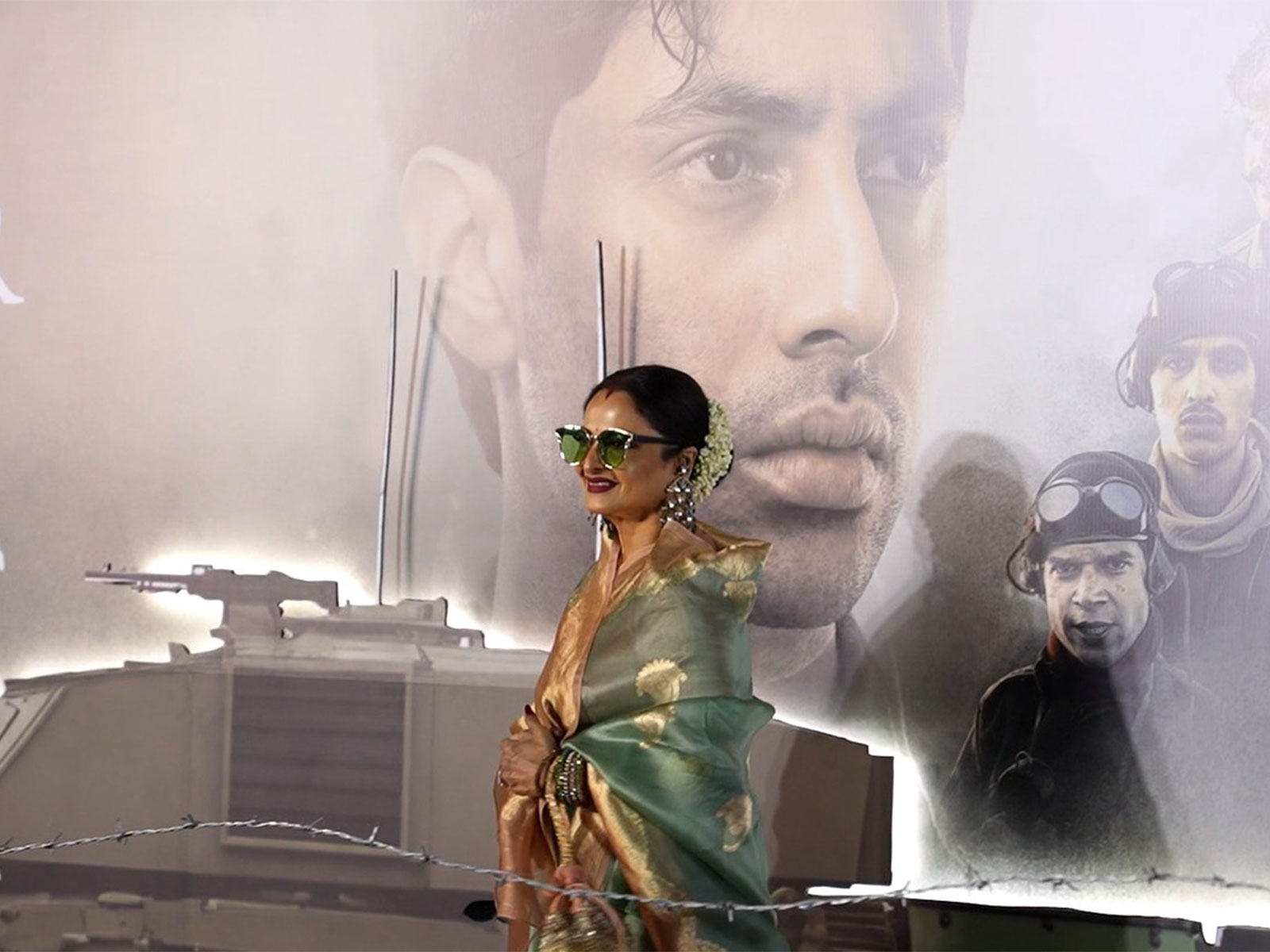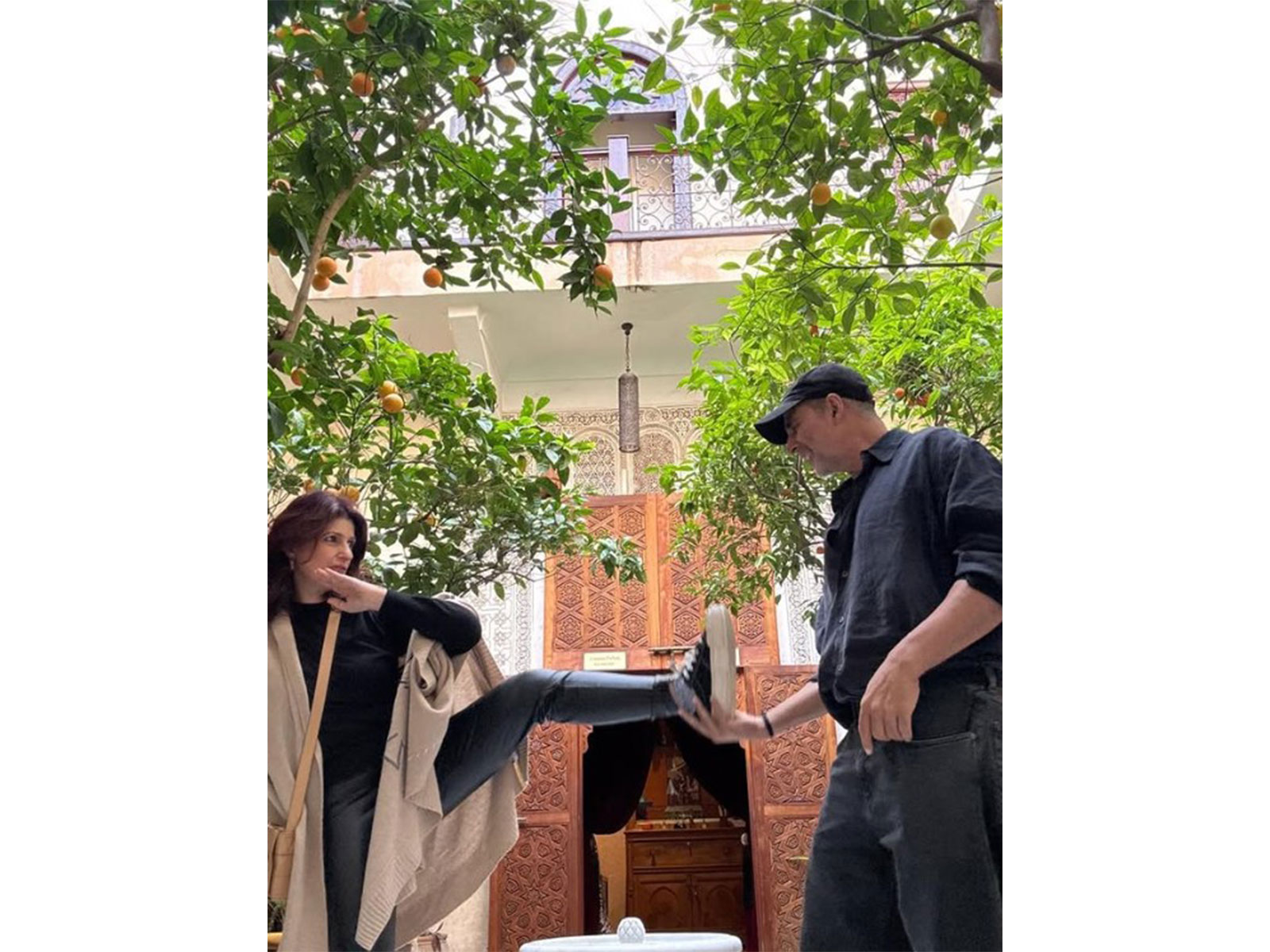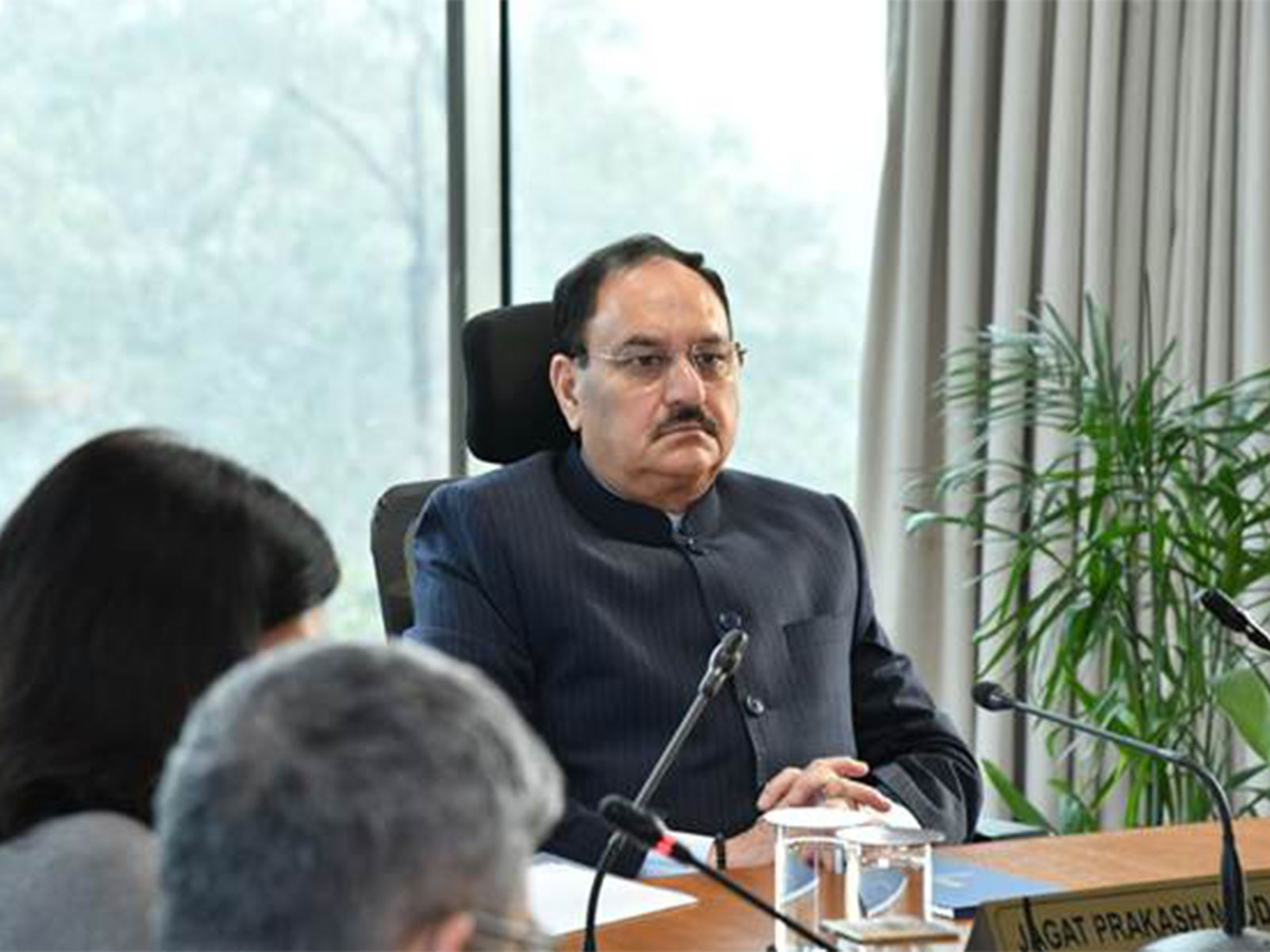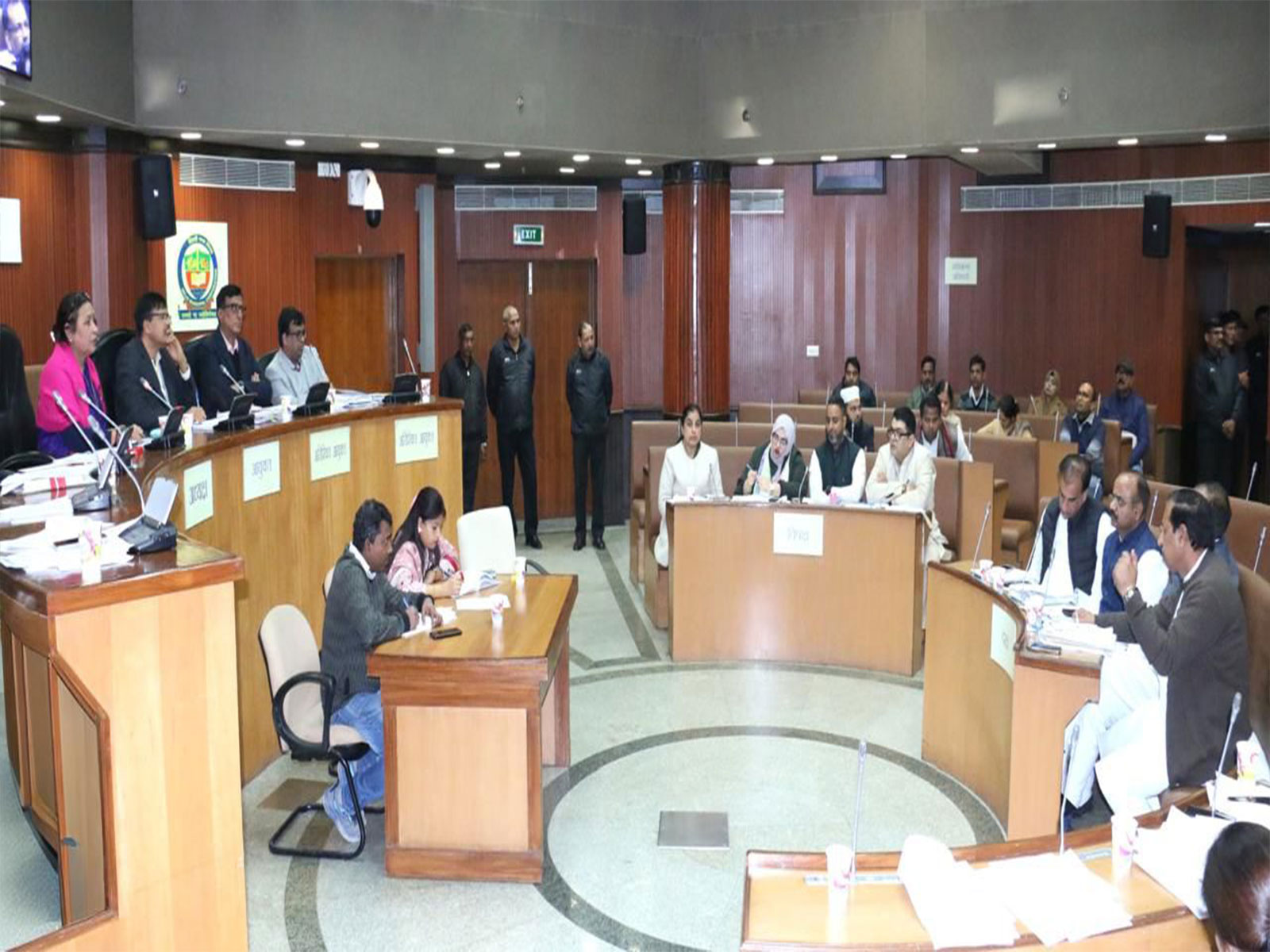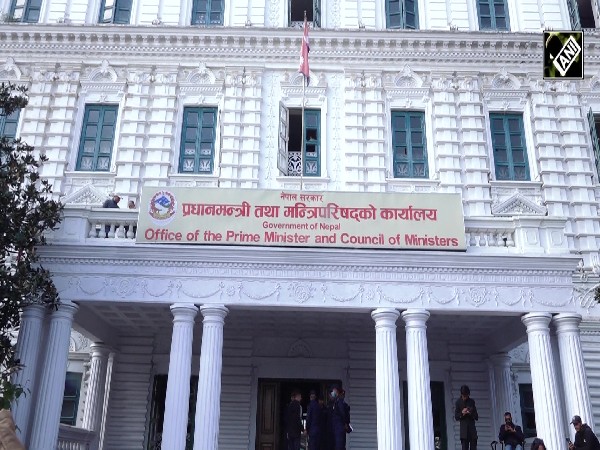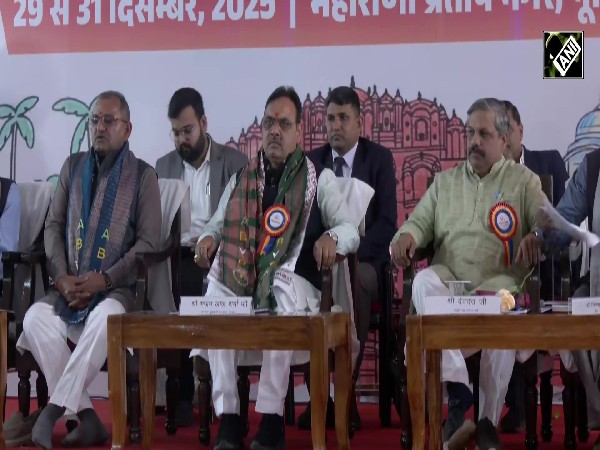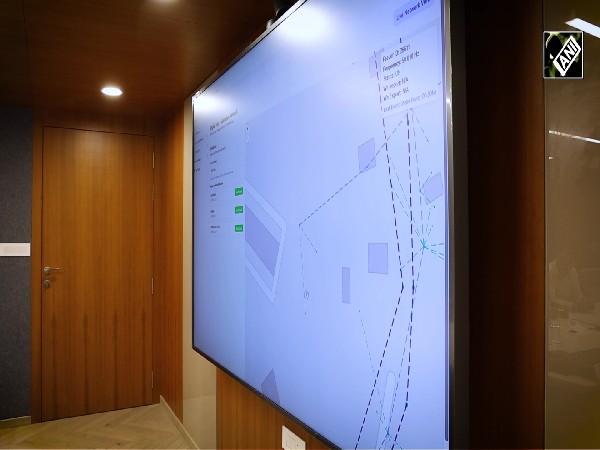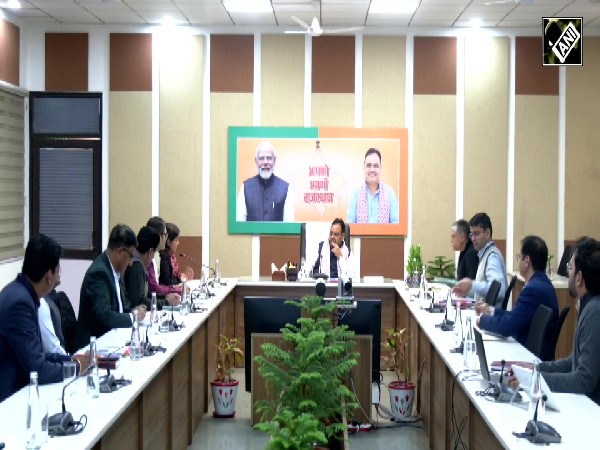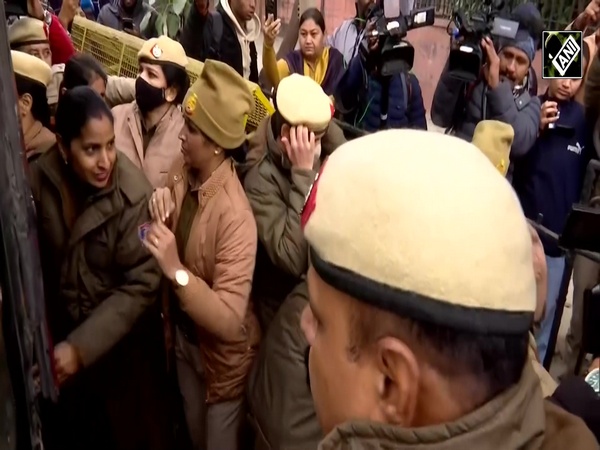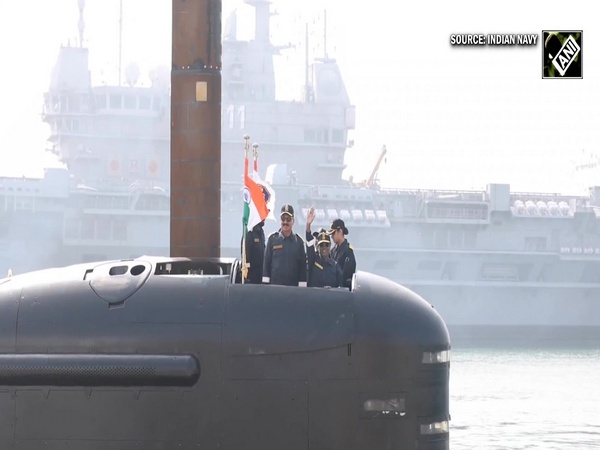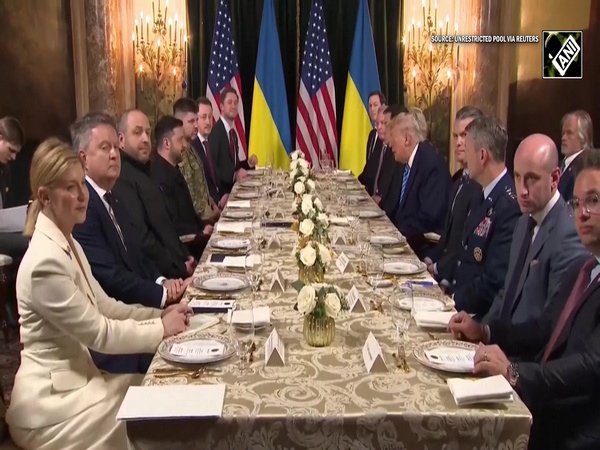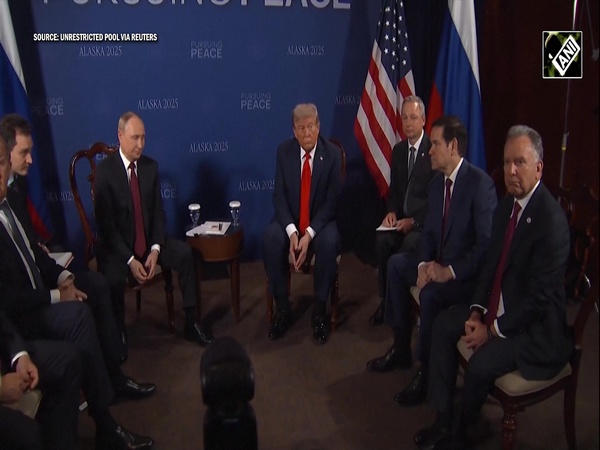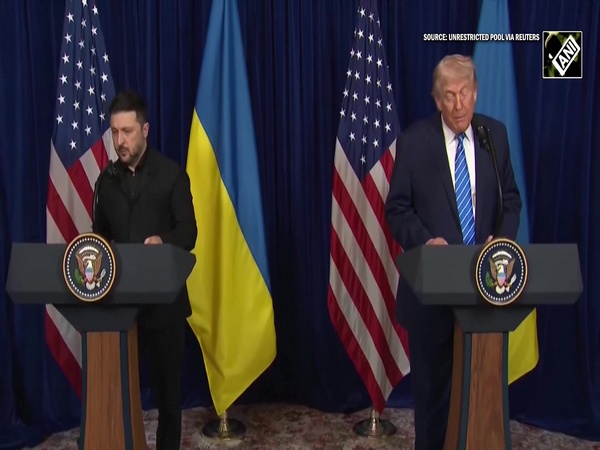India calls for introspection within UNSC over lack of representation of African countries
Jan 06, 2021

New York [US], January 6 : Welcoming the evolution and rise of Africa as a key factor in the contemporary world, India on Wednesday called for introspection within the United Nations Security Council (UNSC) over the lack of representation of African countries among its permanent members even though more than half of the issues on the agenda of the Council are related to the continent.
This is the first meeting of the UNSC in 2021 at the Head of State/Government in January 2021.
Speaking at the UNSC during Open Debate on 'Challenges of Maintaining Peace and Security in Fragile Contexts', Foreign Secretary Harsh Vardhan Shringla said that the "African Union, has a leadership role to play in consolidating peace and post-conflict reconstruction in Africa".
He said that the collaboration between the UN and the African Union and sub-regional organisations, such as ECOWAS, ECCAS, SDAC and IGAD, has yielded positive results such as the African Union Policy Framework for Post-Conflict Reconstruction and Development (PCRD), informed by lessons learned from past mistakes as well as best practices, has offered a roadmap towards sustainable peace and development.
He further said, "The Council needs to introspect that while more than half of the country issues on the Council's agenda pertain to Africa, the African continent does not even have a single voice amongst the permanent membership to defend its own interests. We need to correct this historical anomaly, and collectively support the Ezulwini consensus."
He said that the UN Security Council should remain respectful of the regional approach adopted by countries, in collaboration with regional organizations to address common challenges.
"Let us not fail to acknowledge that the legacy of colonialism constitutes the foundational basis of the current instabilities that plague the African continent," he added.
Speaking on the relationship between Indian and Africa that dates back to several centuries ago, he said that it is the "shared colonial past and our common developmental challenges that have shaped India-Africa relations. India has worked together with African partners to eliminate evils of colonialism and apartheid."
He further said that India will continue to support Africa's aspirations and work towards empowering Africa for a future that is founded on the principles of inclusivity, sustainability, transparency, and socio-economic development with dignity and respect.
"We are committed to supporting African countries in this endeavour, as per African priorities and without conditionalities. This is in keeping with the Ten Guiding Principles of India's engagement with Africa, as enunciated by Prime Minister Narendra Modi in his address to the Parliament of Uganda in July 2018. India will continue to support Africa's aspirations and work towards empowering Africa for a future that is founded on the principles of inclusivity, sustainability, transparency, and socio-economic development with dignity and respect," he said.
The Foreign Secretary welcomed the evolution and rise of Africa as a key factor in the contemporary world and said, "While democracy is undoubtedly gaining ground in Africa, especially through peaceful transfers of power, African countries, particularly in the Sahel, Central Africa and the Horn of Africa continue to face complex challenges. The principal driving factors are chronic political instability; weak governance structures; institutional weaknesses; ethnic divisions; and the presence of terrorist and armed groups."
"Over-exploitation of diminishing resources, mainly in the Lake Chad basin and Great Lakes region, are also exacerbating the problem. The Libyan conflict and resulting instability continue to have a negative impact on its neighbours. The COVID-19 pandemic has only made the situation worse in some countries," he further said.
The other speakers during the event included Antonio Guterres, Secretary-General of the UN, Moussa Faki Mahamat, Chairperson of the African Union Commission, James Cleverly, Minister of State for the Middle East and North Africa, Jean-Baptiste Lemoyne, Minister of State for Tourism, French Nationals Abroad and Francophonie, attached to the Minister for Europe and Foreign Affairs, among others.
